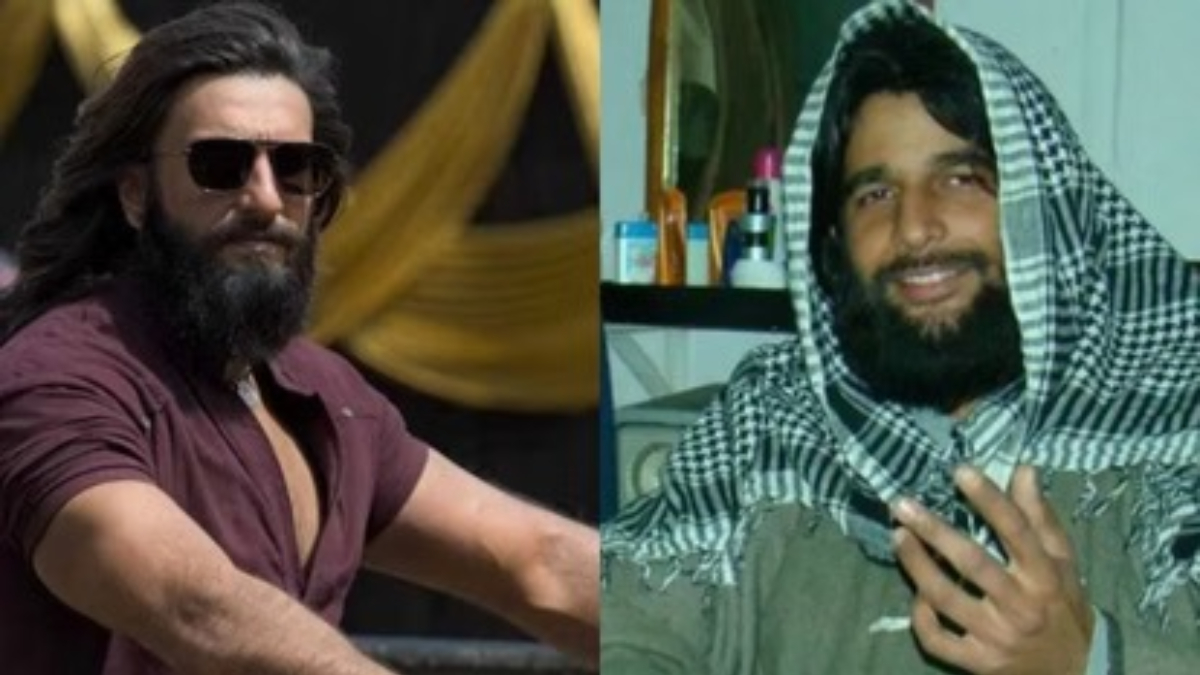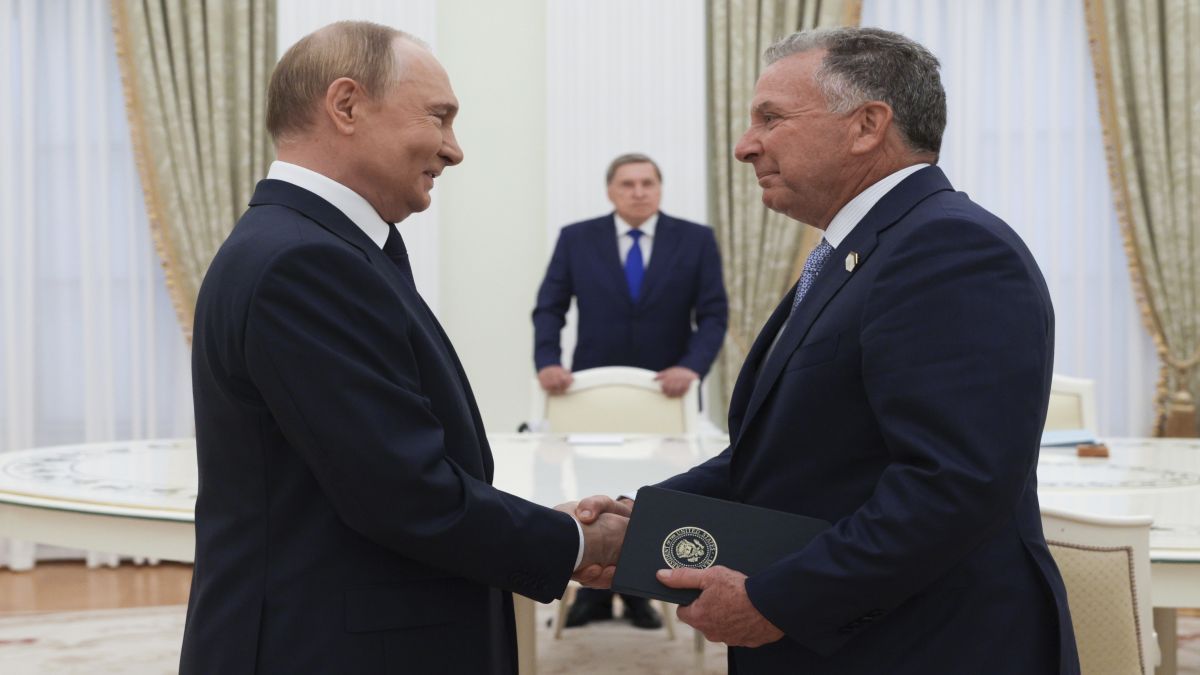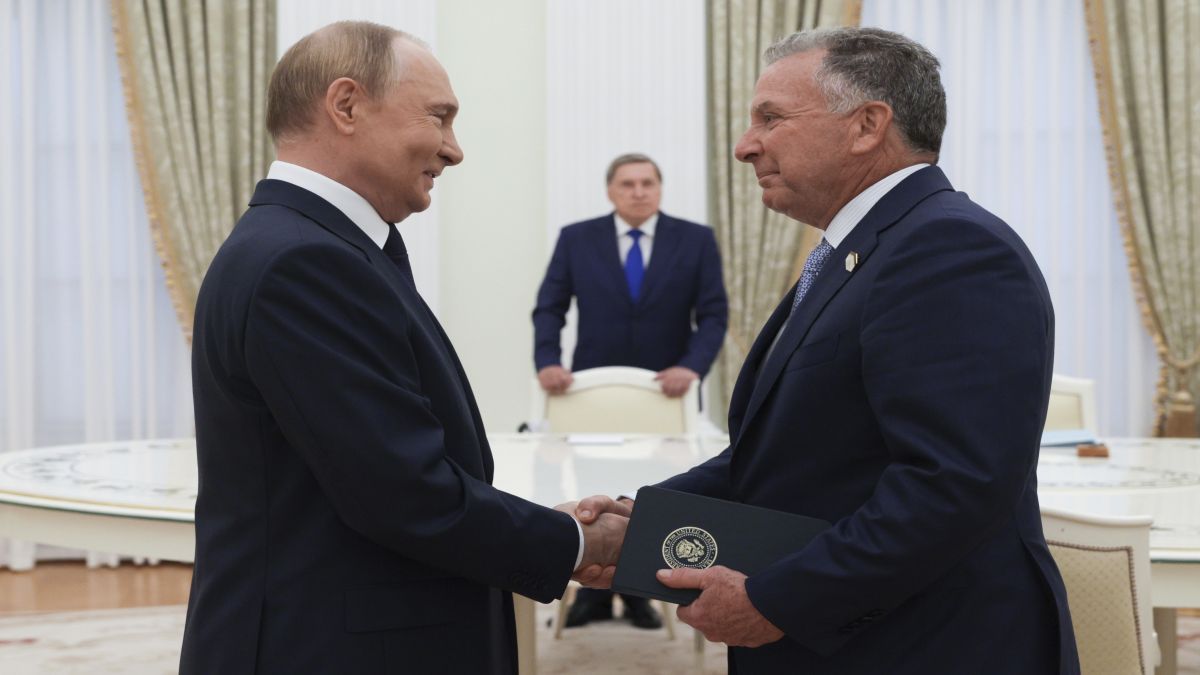With Dhurandhar, Aditya Dhar once again turns to the intersection of history and national security, but this time he uses the grammar of a big-budget action thriller to explore how Pakistan’s intelligence establishment imagines its long confrontation with India. The film’s trailer suggests that Dhar isn’t just staging a cross-border conflict; he’s trying to dramatise the worldview that has shaped decades of covert operations.
The opening moment is a clue. Arjun Rampal appears as Major Iqbal, an ISI officer who recalls hearing Pakistan’s General Zia-ul-Haq speak of weakening India through “a thousand cuts.” Rampal’s character frames this not as a slogan but as an ideological inheritance, something he absorbed as a child and later internalised as a professional creed. Dhar immediately juxtaposes this memory with a disturbing scene of torture, signalling the ruthless, almost doctrinal commitment that drives the film’s antagonist.
Ranveer Singh not playing Major Mohit Sharma?
Aditya Dhar tweeted- “Our film Dhurandhar is not based on the life of braveheart Major Mohit Sharma AC(P) SM. This is an official clarification."
I assure you, if we do make a biopic on Mohit sir in the future, we will do it with full consent and in complete consultation with the family, and in a way that truly honors his sacrifice for the nation and the legacy it has left for all of us."
Hi, sir - our film Dhurandhar is not based on the life of braveheart Major Mohit Sharma AC(P) SM.
— Aditya Dhar (@AdityaDharFilms) November 26, 2025
This is an official clarification.
I assure you, if we do make a biopic on Mohit sir in the future, we will do it with full consent and in complete consultation with the family,…
Rather than retelling historical events, _Dhurandhar_ traces the intellectual lineage of this strategy. Dhar situates the ISI’s worldview in the rhetoric of Zulfikar Ali Bhutto, whose speeches in the late 1960s and during the 1965 war articulated a vision of perpetual struggle with India. Bhutto’s insistence on a “thousand-year war” and his argument that confrontation was a form of self-preservation formed the seed of what would later harden into a covert, attritional doctrine.


)
)
)
)
)
)
)
)
)



